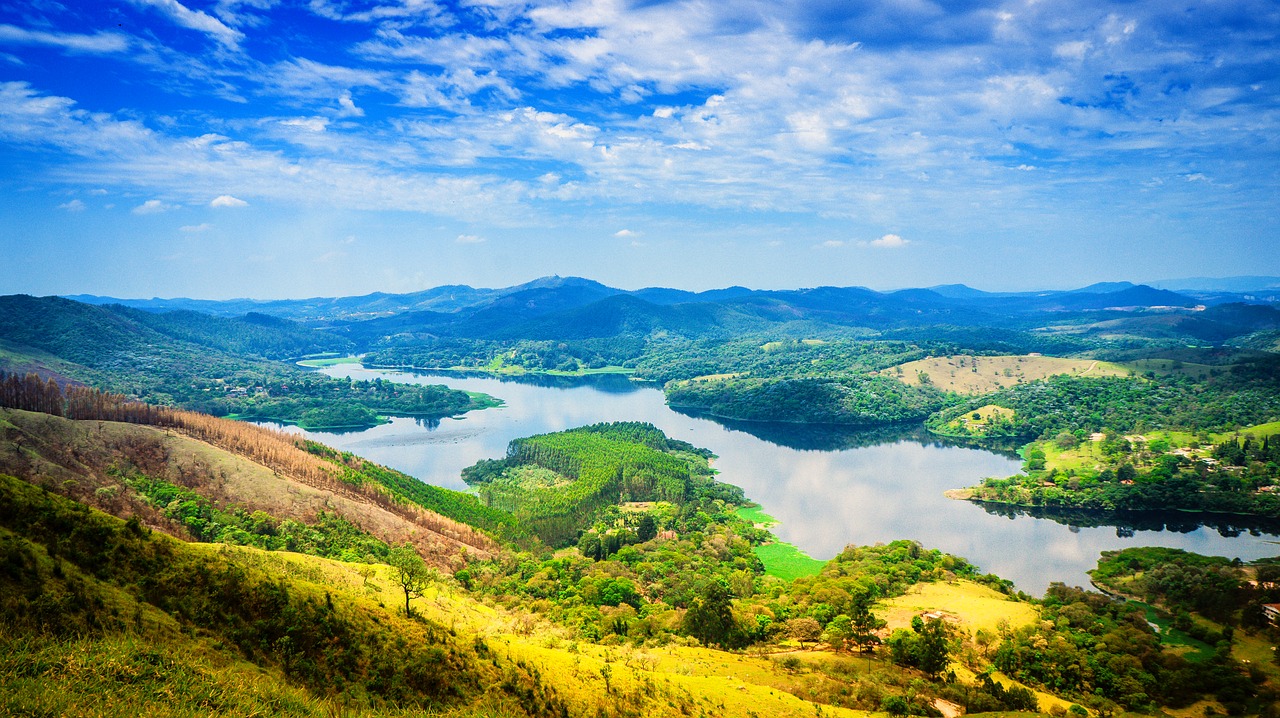What Ecology is Trying to Answer?
Ecology is one of the branches of biology that focuses on understanding how organisms are related to one another, figuring out answers on how to increase growth hormone naturally among humans, and many other things. The way it impacts science in finding answers for boosting hormones is that it uses resources provided by nature and turns it into something that will benefit humans.
Ecology Simplified
In a broader sense, this is dealing with the relationship between different organisms, the relationship between one another, the relationship towards shared resources, the relationship with space shared, and the relationship with the non-living matter in the environment.
In an effort to understand the said relationships, ecology is encompassing elements similar to population growth, symbiotic ecologic relationships or mutualism, competition, trophic relations such as energy transfer, migration as well as physical environment interactions, and biodiversity.
The Different Types of Ecology
There are different kinds of ecology and some of these will be discussed in the latter part of this post.
Microbial Ecology
Microbial ecology seems to be the smallest aspect of life, which is referred to as the cellular level. This consists primarily of two life kingdoms and these are Kingdom Protista and Kingdom Monera. In these two, the connections are basically between microbes as well as their environments and relationship to each other.
Microbial ecology is quite important in analyzing evolutionary events and connections that lead to existence. These connections then help us to better understand the relationships we have among other organisms.
Behavioral Ecology
For this type of ecology, the major goal is understanding the level of behavior and adaptation of the organism. In such a case, the main concern is an individual organism and its different nuances, particularly in figuring out to assess how it is tied together to improve the survivability of the organism in question or any other beneficial adaptation.
Population Ecology
This study is concentrating more on population, defined as a group of organisms of similar species that live in the same area at the same time. Here, the attention is awarded to things similar to population density, size, structure, migration patterns as well as the organism’s interaction among one another.
It is trying to uncover the various changes in each dynamic of the population like why numbers will increase and whether this would affect other elements of the population like its density.
Community Ecology
This is taking a closer look at the community, which is defined as all populations that are living in a certain area. This consists of all types of population. The focus here is normally on the interaction between species and on how their sizes and numbers mesh together and how the changes in one population are affecting the dynamics of the entire community.
Ecosystem Ecology
This particular study adds a distinct contribution in understanding ecology even better by means of adding abiotic or non-living factors to the subjects being studied. Therefore, this interaction involves all elements of the environment and how they are interacting.

